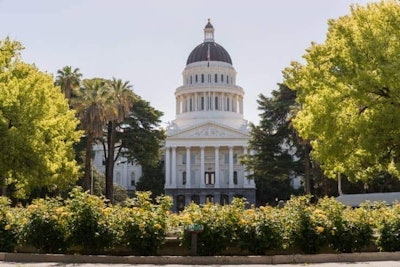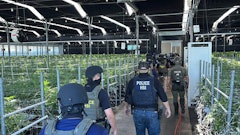
The state of California will funnel $100 million toward its sprawling cannabis industry this year in an attempt to tighten the regulatory landscape and boost business prospects for entrepreneurs and local governments that took up the market over the past five years.
The cannabis-specific allocation is part of the state’s $268-billion 2021-2022 budget, known in Sacramento and elsewhere as the California Comeback.
The spend includes $22 million earmarked for Los Angeles programs, as well as funds directed toward another 16 cities and counties (San Francisco, Long Beach, Oakland, Desert Hot Springs and others). The idea, according to state legislators, was to targets areas with the highest concentrations of licensed cannabis businesses and consumers—areas where a return on this public investment might be realized more quickly.
“Gov. [Gavin] Newsom is dedicated to the success of the legal cannabis industry in California,” Nicole Elliott, the governor’s senior advisor on cannabis, told the Los Angeles Times. “The purpose of this one-time $100 million in grant funding is to aid locals and provisional licensees, many of which are small businesses, legacy operators and equity applicants, in more expeditiously migrating to annual licensure.”
Money is one thing. Time is another.
As a sign of how things are going in California, Newsom is also floating the idea of a six-month extension on the mandate to move all businesses from temporary licenses to more formal annual licenses. That switch was meant to occur in 2019, but the deadline has since been bumped (twice) to Jan. 1, 2022. Now, Newsom’s administration is hoping to kick the transition into the middle of 2022.
As the Los Angeles Times reports, Newsom asserts that the extra six months is vital to ensure that struggling cannabis businesses can get their books in order and meet more stringent requirements (mostly environmental regulations). All told, 82% of cannabis businesses still hold a provisional licenses, according to the paper.

























